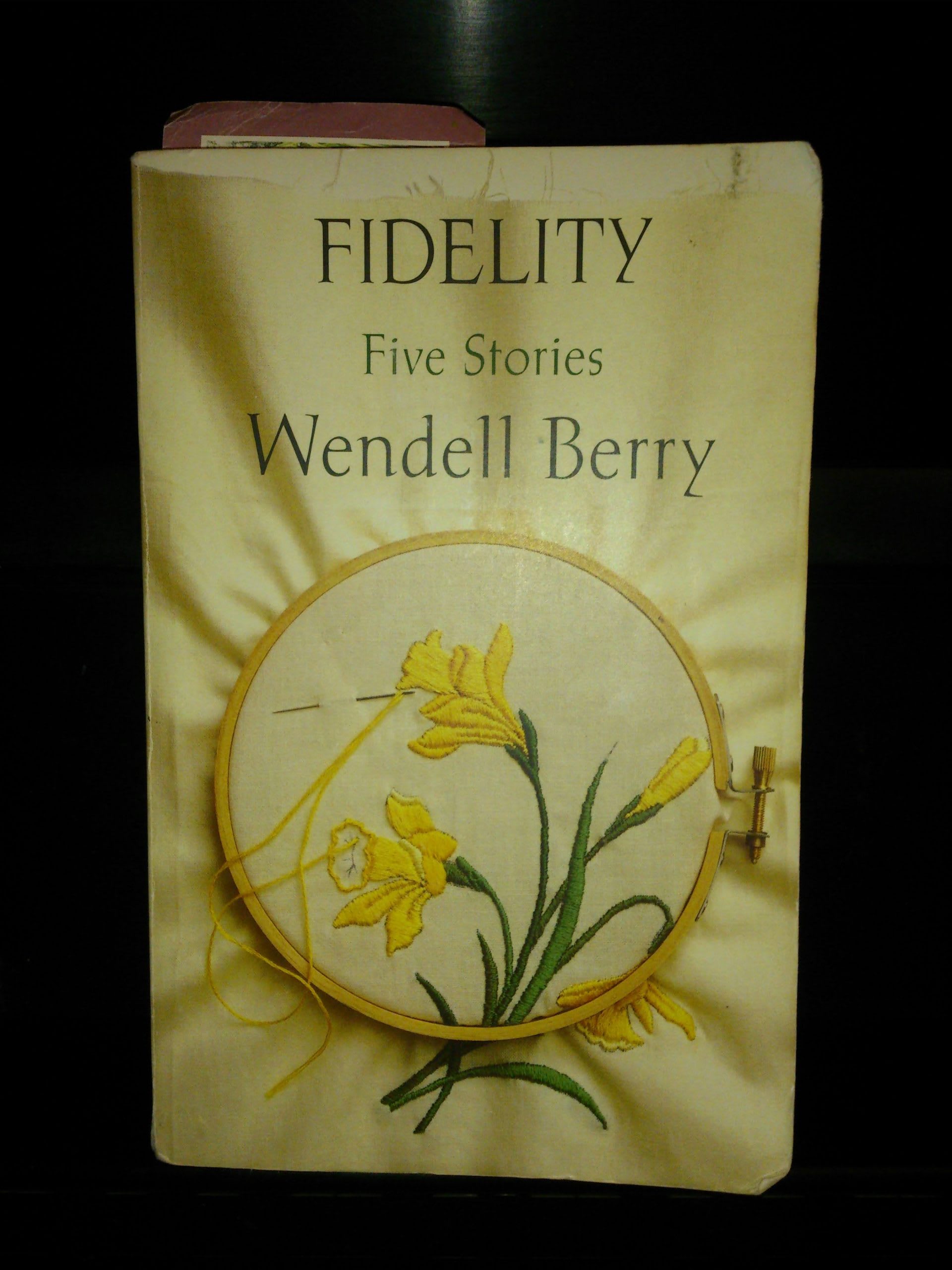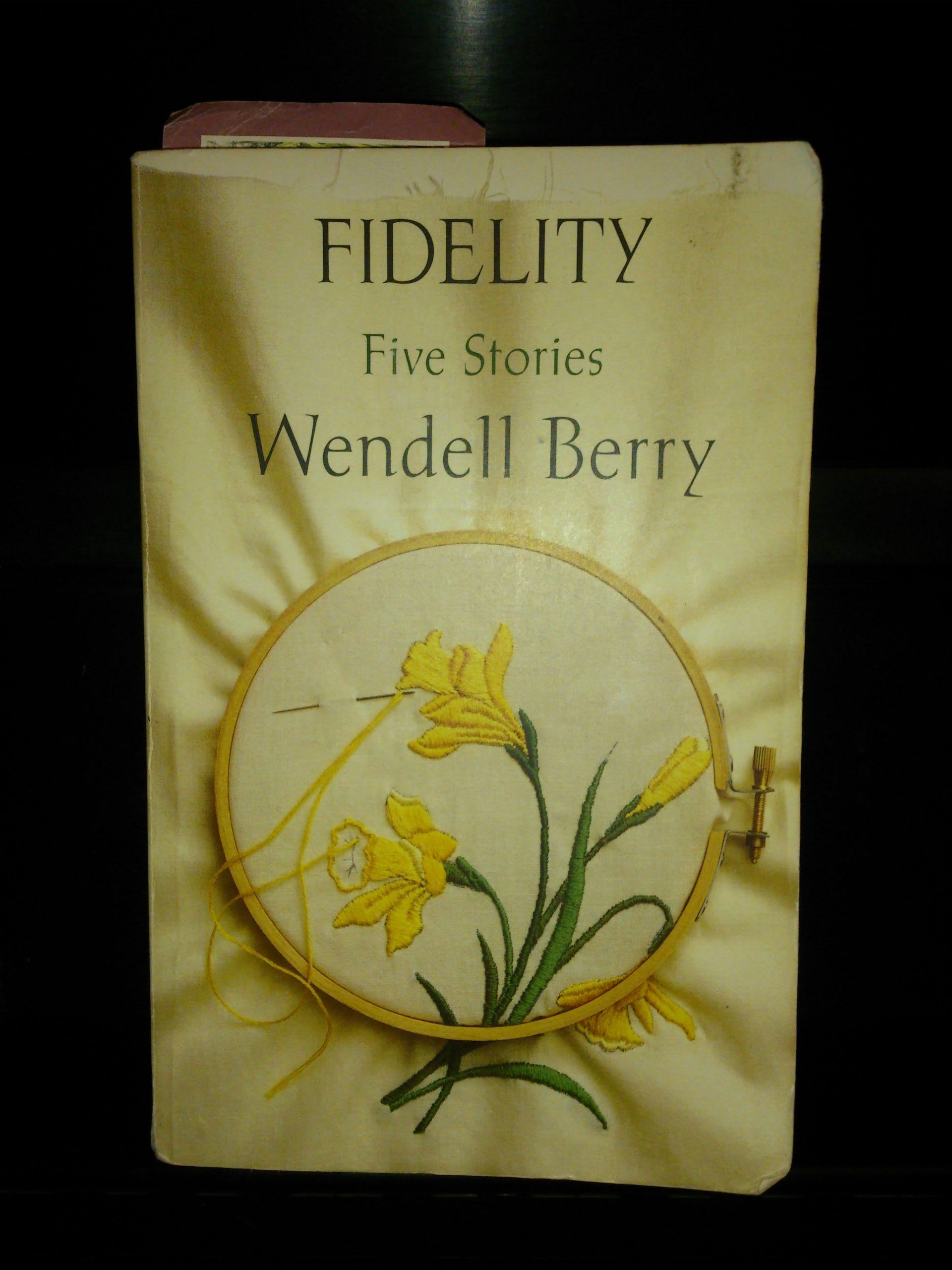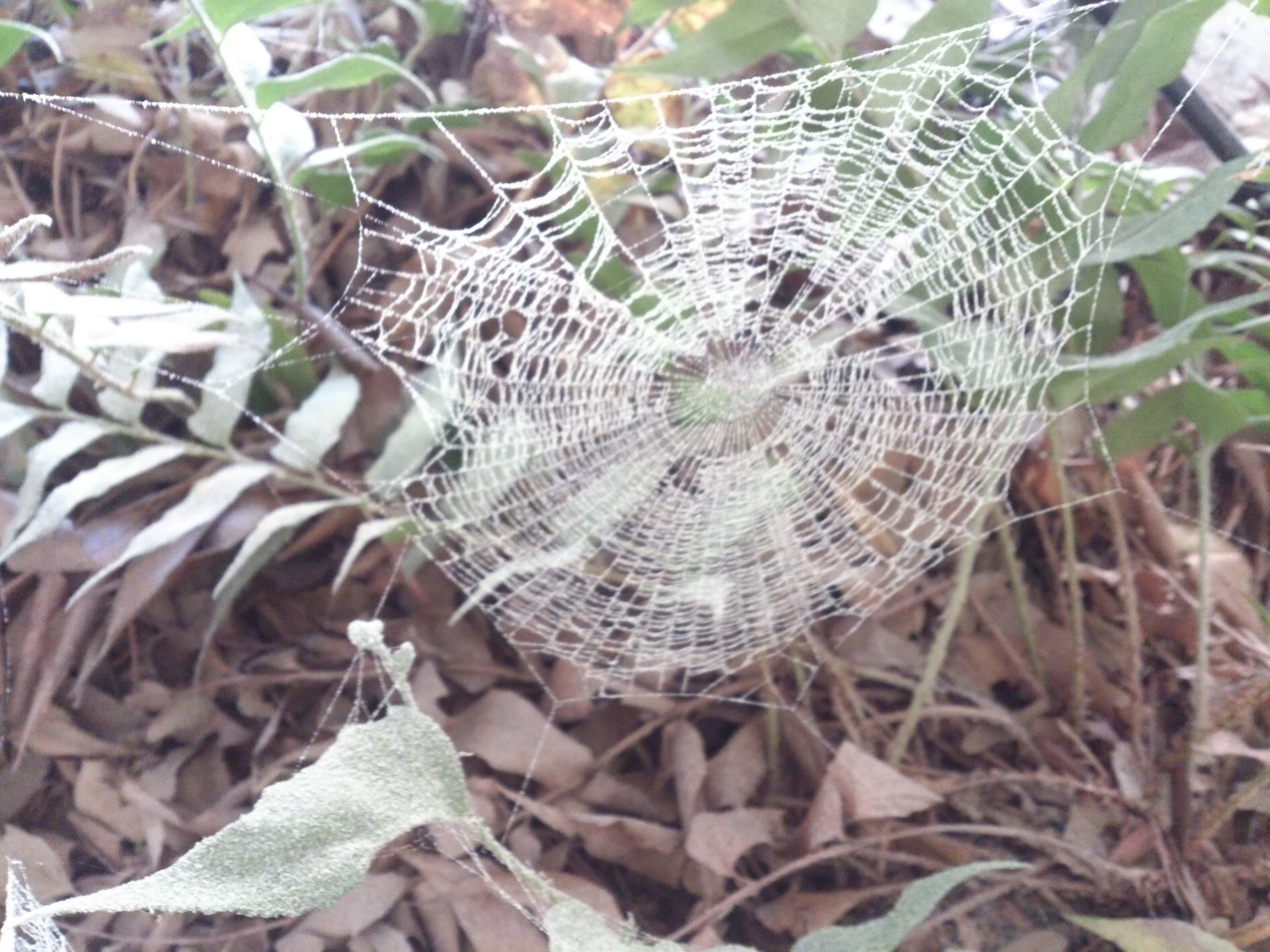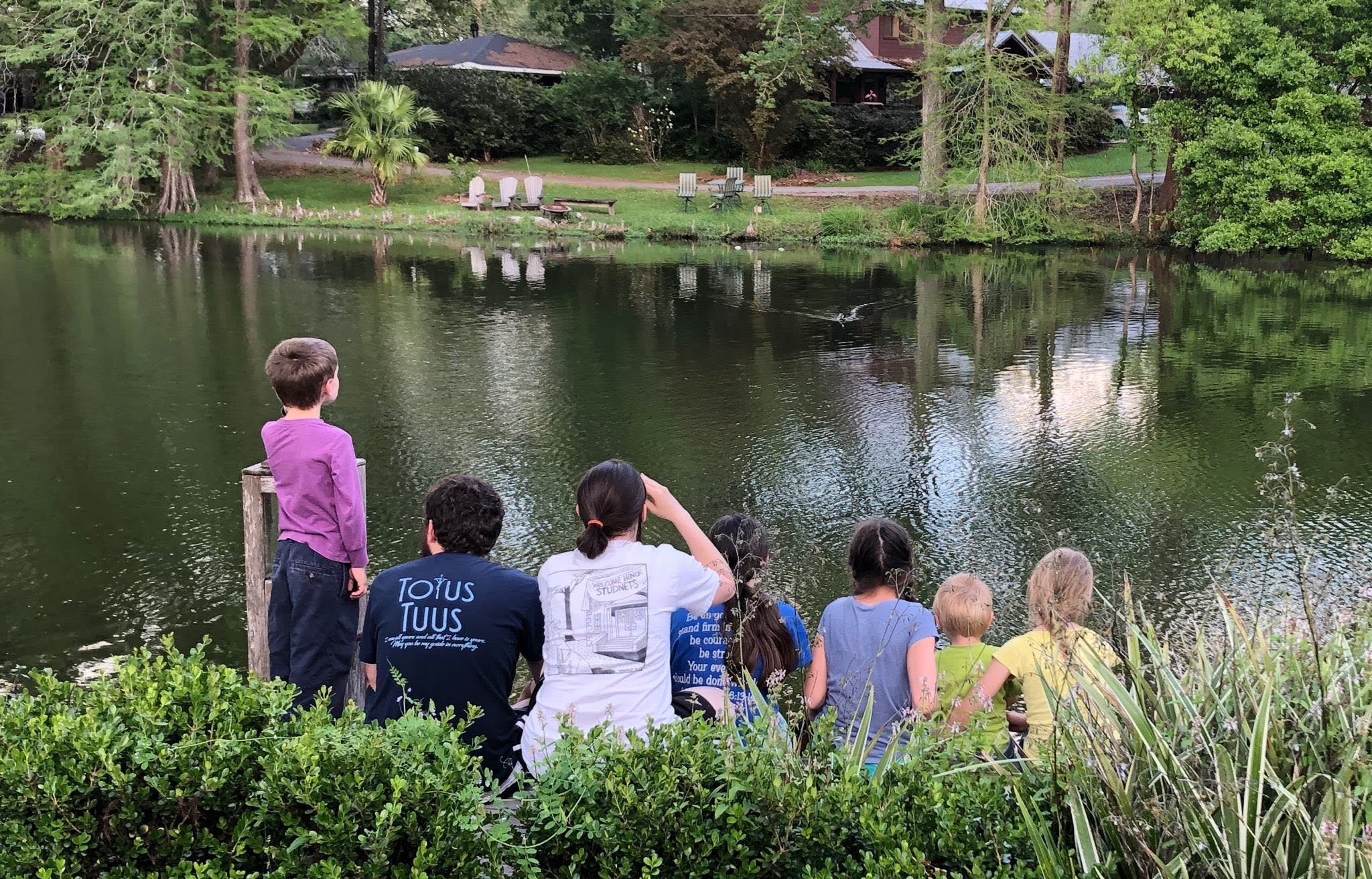September 4, 2021
Book Review: Fidelity


I’ve read a good bit of Wendell Berry’s writing in the past, but most of my focus was on his essays. The Unsettling of America, which I think I could still find blindfolded in the Jones Creek Library in Baton Rouge, formed the way I think about culture and the land. On the other hand, I had read one of his novels a few years ago (I can’t remember now it if was Hannah Coulter or Nathan Coulter) and found it a little slow.
My tastes in fiction seem to have grown up a bit since then.
Lucy’s godparents gave her a copy of Fidelity, which includes five of Berry’s short stories. It interested me, of course, because his writing is always beautiful, but it was the fact that “Pray Without Ceasing” was chosen for our book club that got me to take it up and read.
And after reading one story, I had to read the other four. The the prose could probably be called “quiet,” and there are no explosions or car chases in these pages, yet I didn’t want to put the book down. Furthermore, I can honestly say that this is the first book in a long time that so severely tempted me to read it again. Immediately.
I’ll admit that there were a couple of spots where the dialogue felt a little preachy, but I’m willing to forgive that. “A Jonquil for Mary Penn” was heartwarming. I could absolutely relate to the title character’s struggles: “…she felt herself a part without counterpart, a mere fragment of something unknown, dark and broken off.” I think we’ve all had a day when we feel abandoned, and that nothing we do, even if it would usually bring us joy, is worth anything. It’s a loneliness that I fear is all too common.
“Fidelity,” the title story, is a page-turner wrapped around some of the most beautiful nature writing I’ve ever read. “Are You Alright?” cuts to the heart of our love and care for our neighbors, without omitting all the self-consciousness that complicates those relationships. And “Making It Home” explores all the little bits of life that we miss when we’re gone, or don’t realize we missed until we get back.
Throughout the stories, of course, Berry touches on the themes of so much of his writing: community, the land, and the intersection of the two. For all their faults (and it’s clear that Berry’s characters have their share of them) the people of Port William care for each other. Their relationships are beautifully complicated, and exceedingly rich. Only Jack Beecham could calm Mat’s rage, because only Jack Beecham had been there with him since he was a boy and knew him well enough to react to him by instinct.
Fidelity doesn’t just take its name from the longest story it contains; fidelity is the theme of the whole. These stories overflow with scenes of how we could care for each other, and perhaps how we ought to care for each other. In the story “Fidelity,” the people who knew Burley Coulter best circle their wagons, so to speak, to care for him. Their brand of care doesn’t make much sense to those outside of Port William, those who hadn’t spent decades knowing and loving “Uncle Burley.” And that, I believe, is precisely the point.

Most likely I’ve said nothing here that someone else hasn’t noted earlier and more eloquently. But that doesn’t make it any less timely. Berry writes about a lost world – and how much more the world has changed since Fidelity was published in 1992 – a world where people survive by working the land side by side and checking in on each other, the same neighbors, the same second cousins, for their entire lives. It has an air of utopia to me, in a generation whose main objective often seems to be to forget its roots. Berry describes the kind of care and relationship we now try to create with prayer groups and book clubs, intentional communities and even social media. We know deep down that something is missing, and try to create it from scratch. Berry’s characters are steeped in it, and if they feel they’ve faltered in their obligations it keeps them awake at night. I don’t remember ever losing sleep because I hadn’t signed up on someone’s meal train yet.

Cajuns are famous (at least in Cajun country, which is the only country I can speak for these days) for the way they band together in times of crisis. We’ve seen it first hand, of course, in the months after Jacob was born – our community literally carried us through those days – and it will be much needed in South Louisiana in the coming months. But I think what Berry has put his finger on is something different, not a willingness to rise to the big challenge, but a daily awareness of the hearts of those around you. A sort of attention that notices both the habits of the spiders and the worry in a neighbor’s face.
“But [Jack] put his eye on Mat, not willing yet to trust him entirely to himself, and waited.” So much of these stories is about watching and waiting. Maybe more than anything, Fidelity encourages us to look, to “put an eye on” what is happening around us, both in woods and in people’s hearts, so that when the opportunity to care for each other arises, we don’t miss it.









